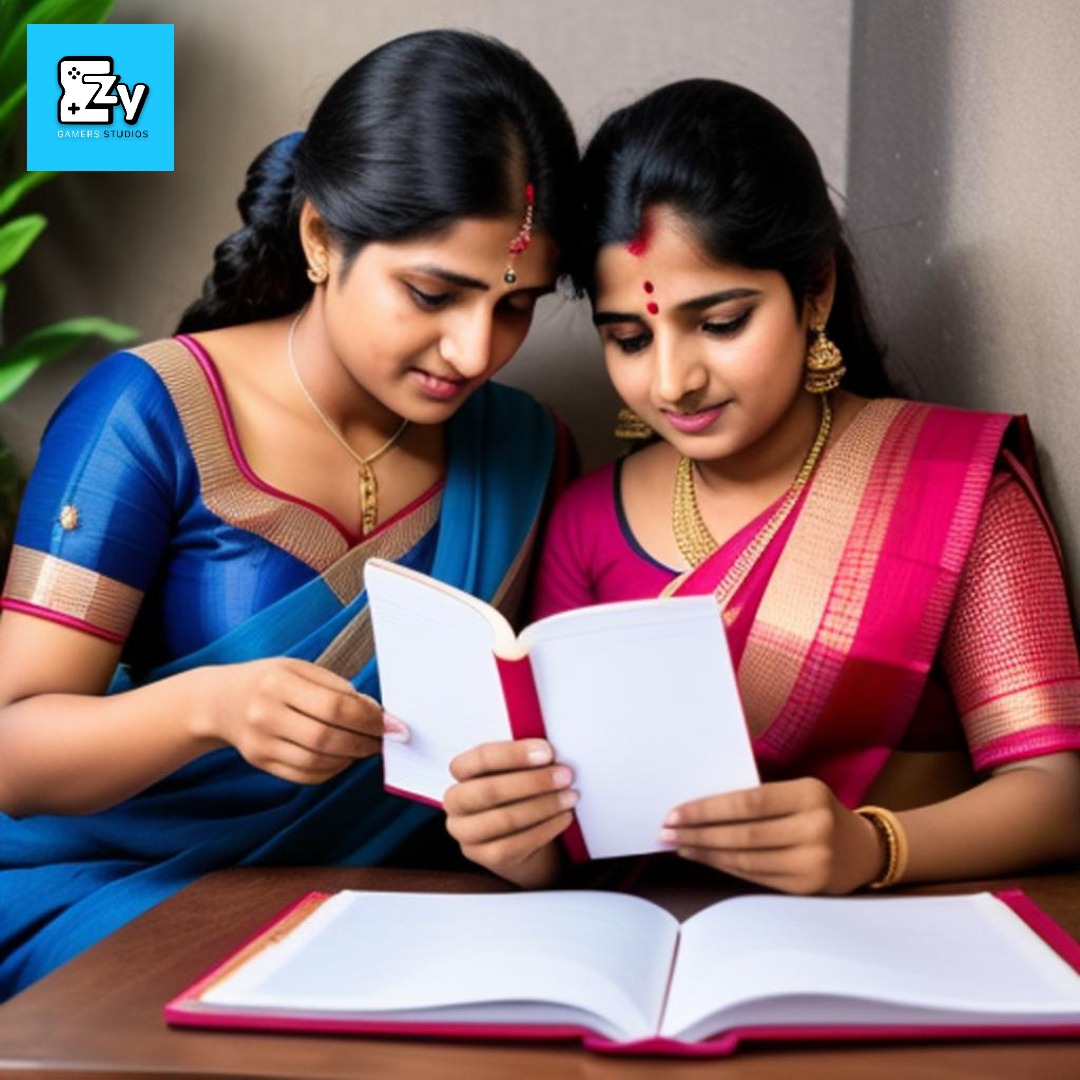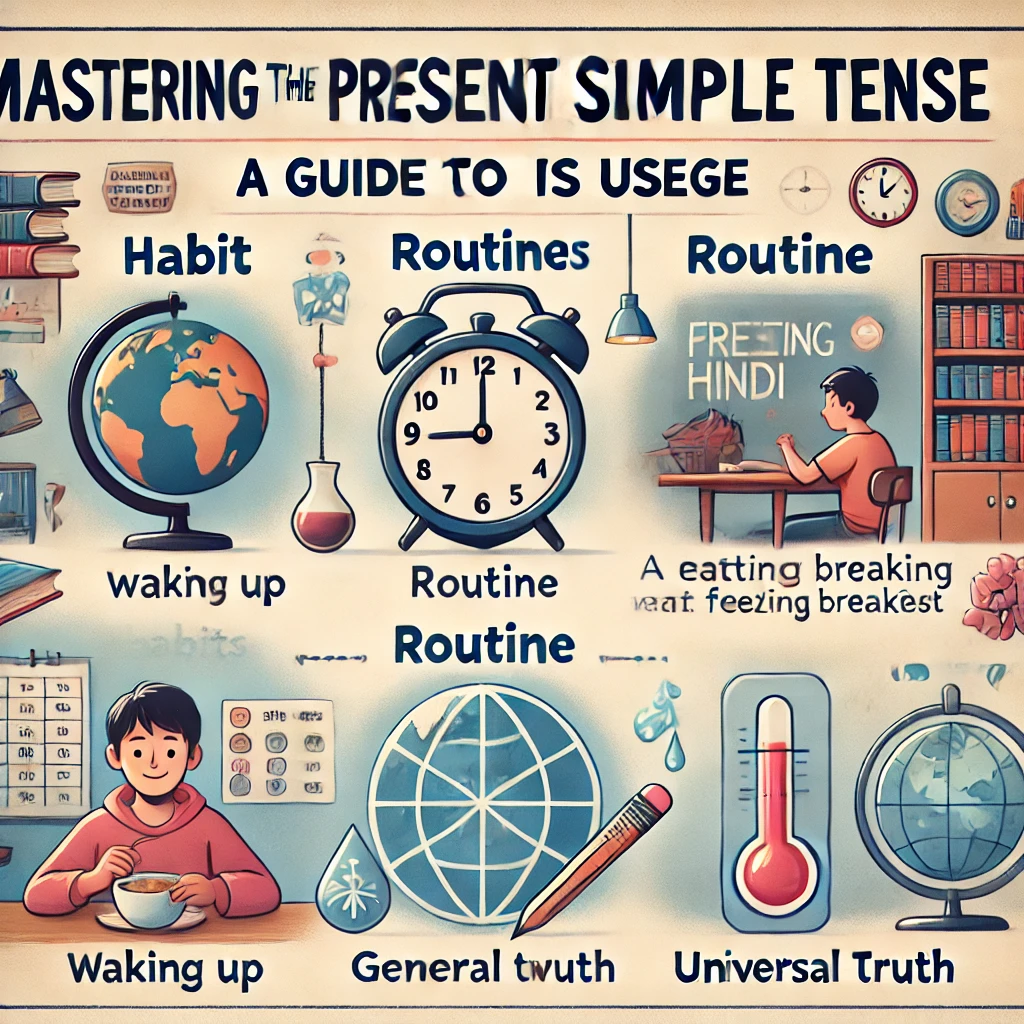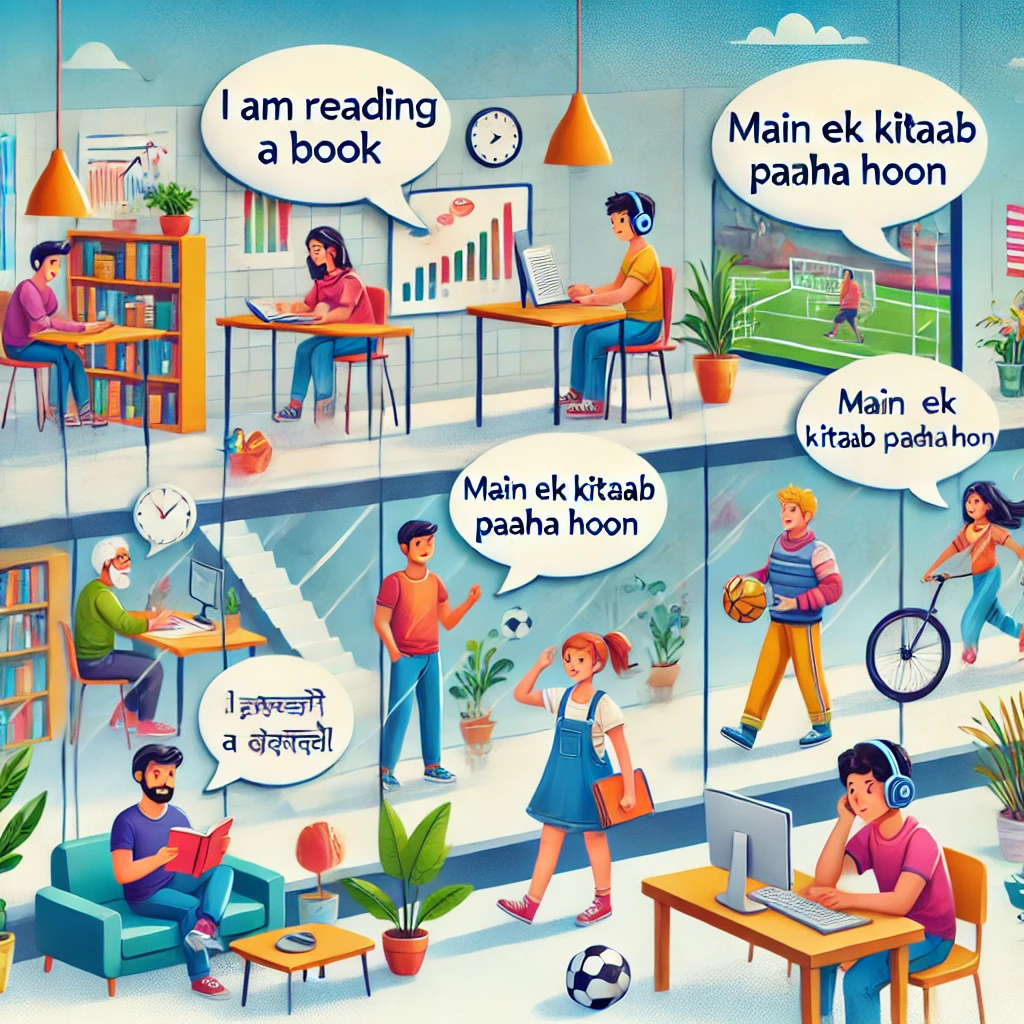Hindi Explanation:
कहानियाँ और रचनात्मक लेखन में तुलनात्मक विशेषणों का प्रयोग पात्रों, वस्तुओं और घटनाओं के बीच तुलना स्थापित करने में अत्यंत महत्वपूर्ण भूमिका निभाता है। ये विशेषण हमें बताते हैं कि कोई चीज़ किसी दूसरी चीज़ से ज़्यादा, कम या उतनी ही है। उदाहरण के लिए, "राम श्याम से लंबा है" में "लंबा" तुलनात्मक विशेषण है जो राम और श्याम की लंबाई की तुलना करता है। इससे कहानी में पात्रों का वर्णन ज़्यादा प्रभावी और रोचक बनता है। कहानी में रोमांच और भावनात्मक गहराई लाने के लिए हम तुलनात्मक विशेषणों का उपयोग कर सकते हैं। जैसे, "घने जंगल से भी अँधेरा था वह गुफा" कहने से गुफा के अँधेरेपन का प्रभावशाली चित्रण होता है। रचनात्मक लेखन में, ये विशेषण हमारे वर्णन को और अधिक सटीक और जीवंत बनाते हैं। विद्यार्थियों को यह समझना चाहिए कि तुलनात्मक विशेषणों का उचित प्रयोग कहानी को और अधिक आकर्षक बनाता है और पाठक के मन में कहानी की स्पष्ट छवि बनती है। 2024 में भी, कहानी कहने और रचनात्मक लेखन के सभी रूपों में इसकी प्रासंगिकता बनी हुई है।
English Explanation:
Comparative adjectives play a crucial role in storytelling and creative writing by establishing comparisons between characters, objects, and events. They show us how one thing is greater, lesser, or equal to another. For instance, in the sentence "Ram is taller than Shyam," "taller" is a comparative adjective comparing Ram's and Shyam's heights. This makes character descriptions more effective and engaging in a narrative. We can use comparative adjectives to add excitement and emotional depth to a story. For example, saying "The cave was darker than the dense forest" creates a powerful image of the cave's darkness. In creative writing, these adjectives make our descriptions more precise and vivid. Students should understand that the appropriate use of comparative adjectives makes a story more compelling and creates a clear picture in the reader's mind. In 2024, their relevance remains crucial across all forms of storytelling and creative writing.
| English | Hindi | Roman Hindi |
|---|---|---|
| The lion is stronger than the tiger. | शेर बाघ से ज़्यादा ताकतवर है। | Sher bagh se zyada takatwar hai. |
| This book is more interesting than that one. | यह किताब उस किताब से ज़्यादा रोचक है। | Yah kitab us kitab se zyada rochak hai. |
| My house is smaller than yours. | मेरा घर तुम्हारे घर से छोटा है। | Mera ghar tumhare ghar se chhota hai. |
| She is older than him. | वह उससे बड़ी है। | Wah usse badi hai. |
| The river is wider than the stream. | नदी नाले से चौड़ी है। | Nadi naale se chaudi hai. |
| He is more intelligent than his brother. | वह अपने भाई से ज़्यादा बुद्धिमान है। | Wah apne bhai se zyada buddhimaan hai. |
| The mountain is higher than the hill. | पहाड़ पहाड़ी से ऊँचा है। | Pahad pahadi se uncha hai. |
| This cake is sweeter than that one. | यह केक उस केक से ज़्यादा मीठा है। | Yah kek us kek se zyada mithha hai. |
| The sun is brighter than the moon. | सूर्य चाँद से ज़्यादा चमकीला है। | Surya chand se zyada chamkeela hai. |
| The elephant is bigger than the horse. | हाथी घोड़े से बड़ा है। | Hathi ghode se bada hai. |





